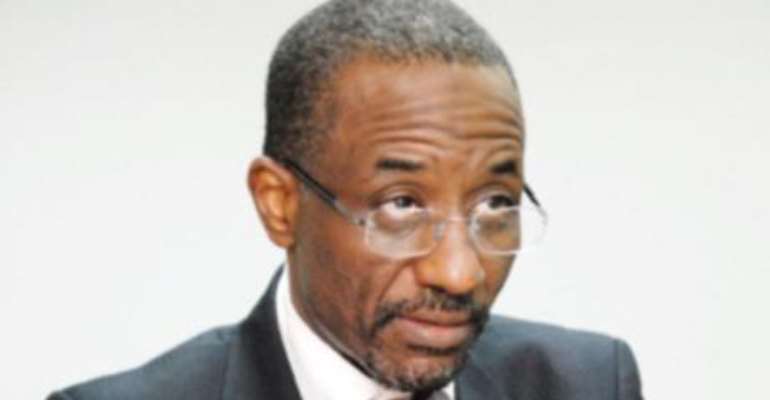CBN TO EXTEND CASHLESS POLICY TO SIX MORE STATES FROM JULY 1

The Central Bank of Nigeria (CBN) has concluded plans to include Rivers and Ogun states to the cashless policy beginning from July 1, this year.
Earlier, the central bank had announced that the project would be extended to four additional states by July 1. But after the last Bankers' Committee meeting held in Abuja, it was resolved that two more states be added to the scheme.
The CBN had earlier announced that the policy would take-off from July 1 in four additional states after the Lagos pilot scheme. The states are Kano, Anambra and Abia States as well as the Federal Capital Territory (FCT) .
CBN's Head, Shared Services, Chidi Umeano said the aforementioned states and the FCT were chosen because of the large volume of cash transactions in some of their major cities such as Aba, Kano, Port Harcourt and Onitsha among others.
The cashless policy, which implementation began in Lagos in January last year, is aimed at reducing the dominance of cash in the system. The policy specifies penal charges for individuals and corporate organisations that want to withdraw or lodge cash above prescribed limits. Under the policy, the CBN pegged the daily cumulative cash withdrawal or deposit limit for individual accounts at N500, 000 per day and N3 million per day for corporate accounts.
Umeano explained that the policy earlier planned to be implemented in other states in January 2013 was deferred due to some infrastructural challenges. He said the CBN was also being careful to ensure that it makes use of resources in a smart way.
This was corroborated by the CBN Deputy Governor Operations, Mr. Tunde Lemo, who explained: 'When we talk about nationwide roll-out, we are also being careful to ensure that we make use of resources in a smart way. Cash doesn't flow in the same volume in every state of the federation. What we would do in July is to look at those other market clusters where large volumes are transacted and add them to Lagos'.
The Deputy Governor added: 'It is cheaper that way because resources needed to cover the entire 923 square kilometres in Nigeria are huge.
